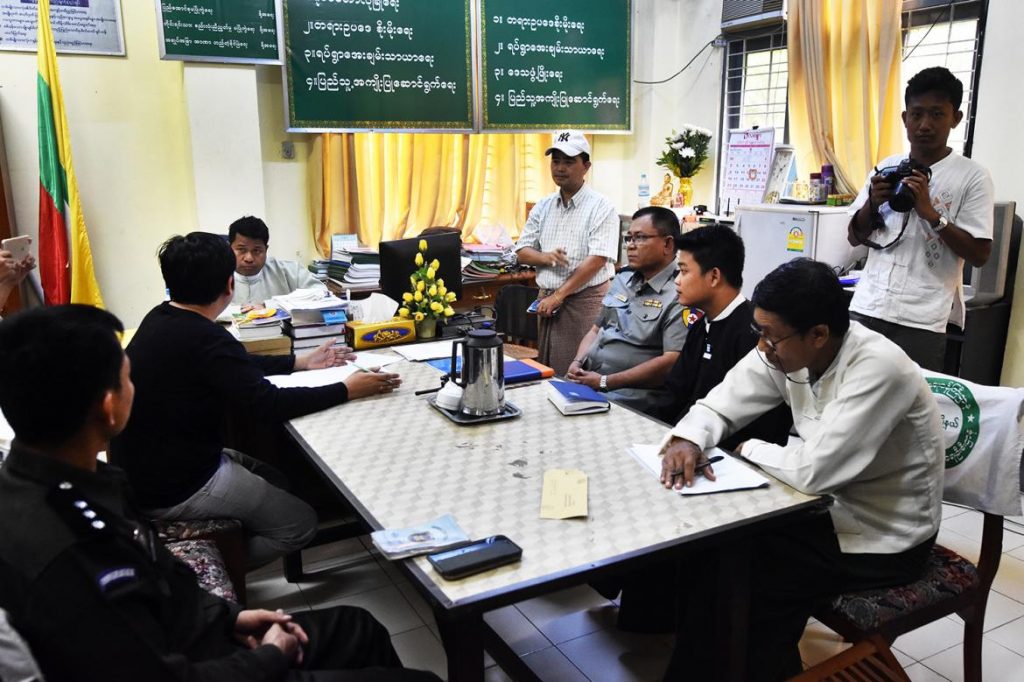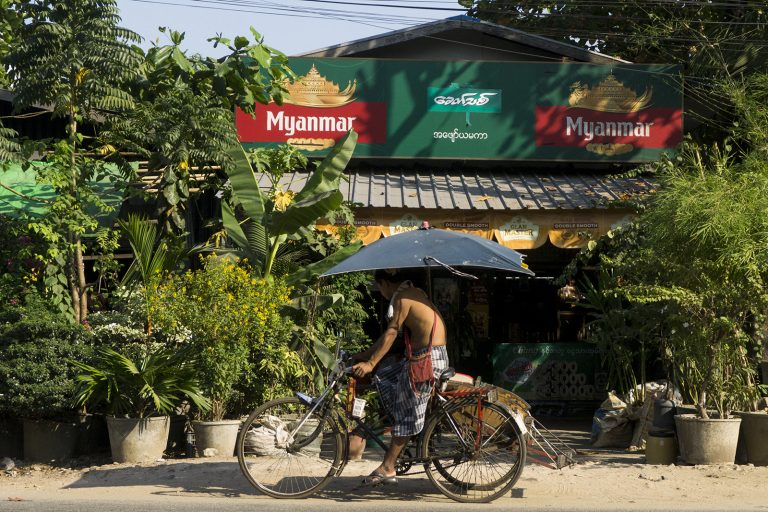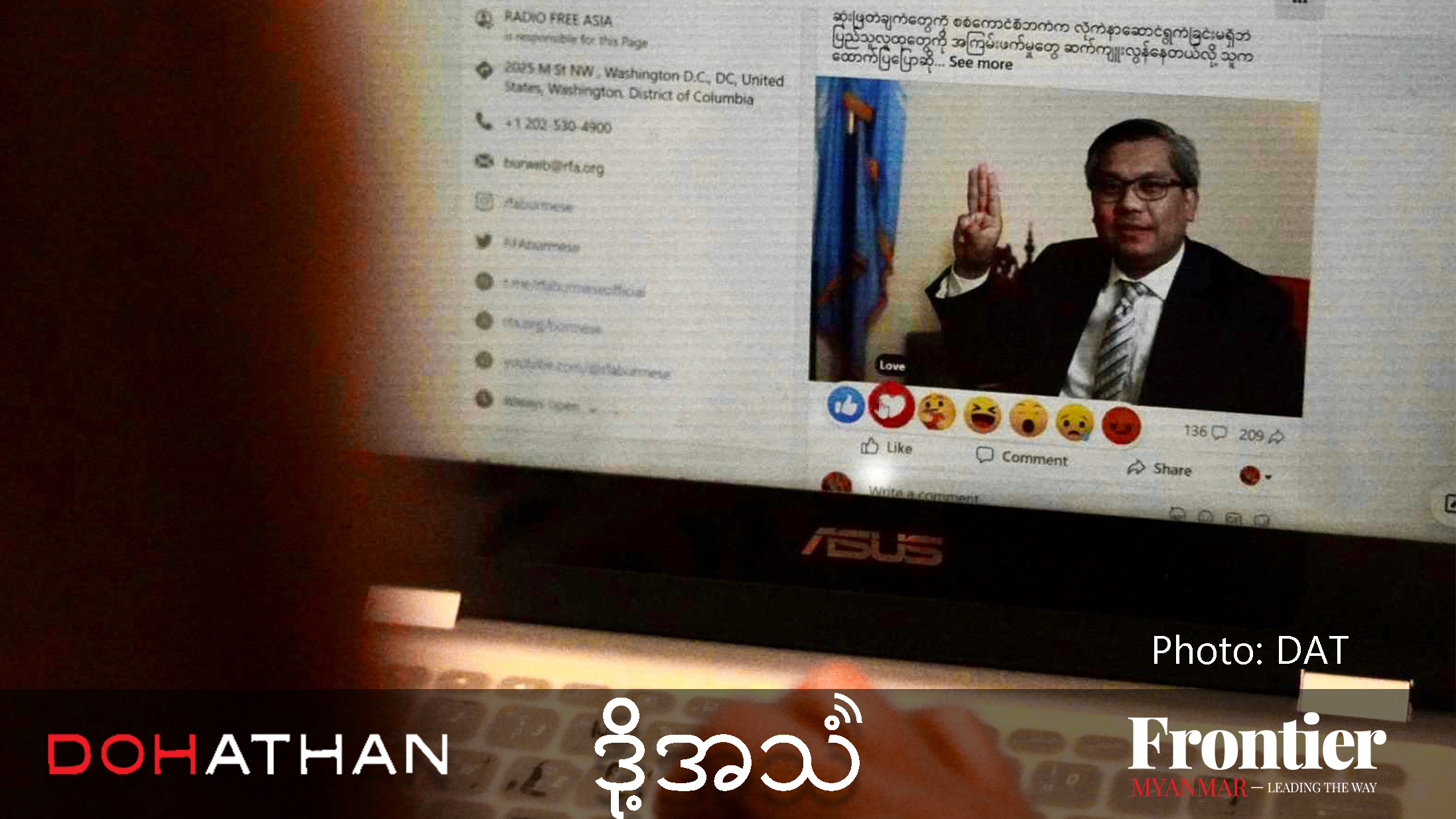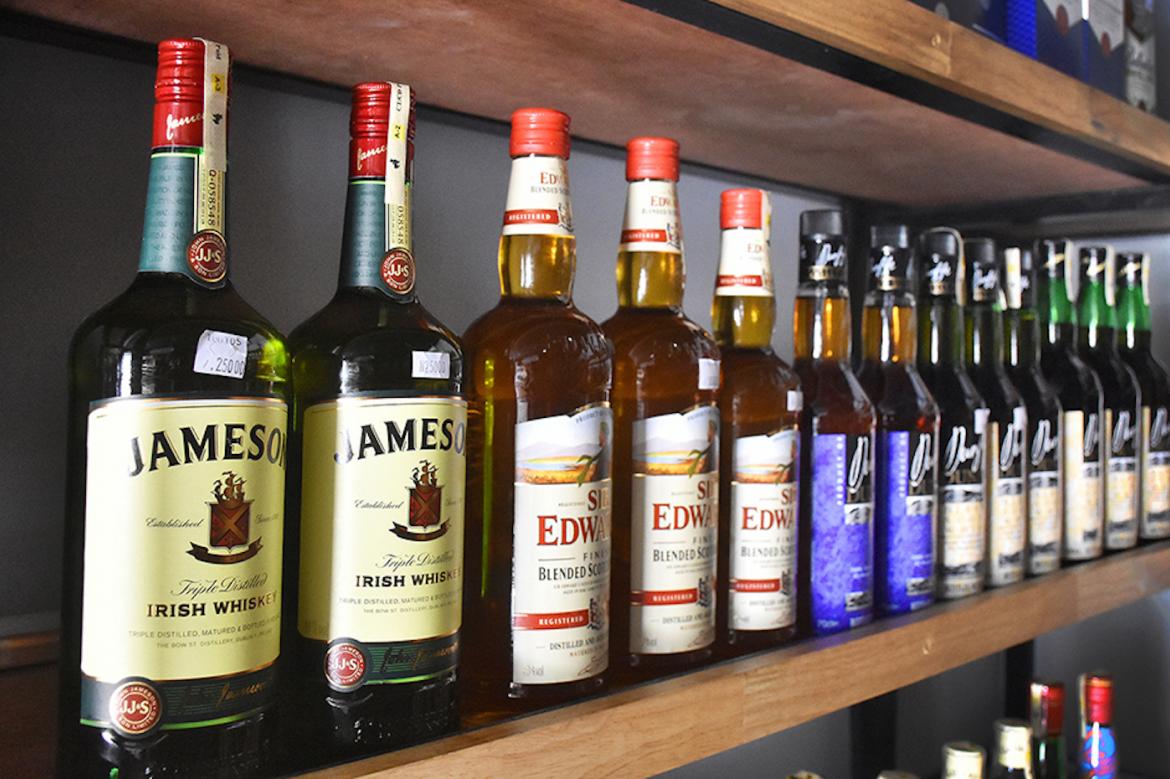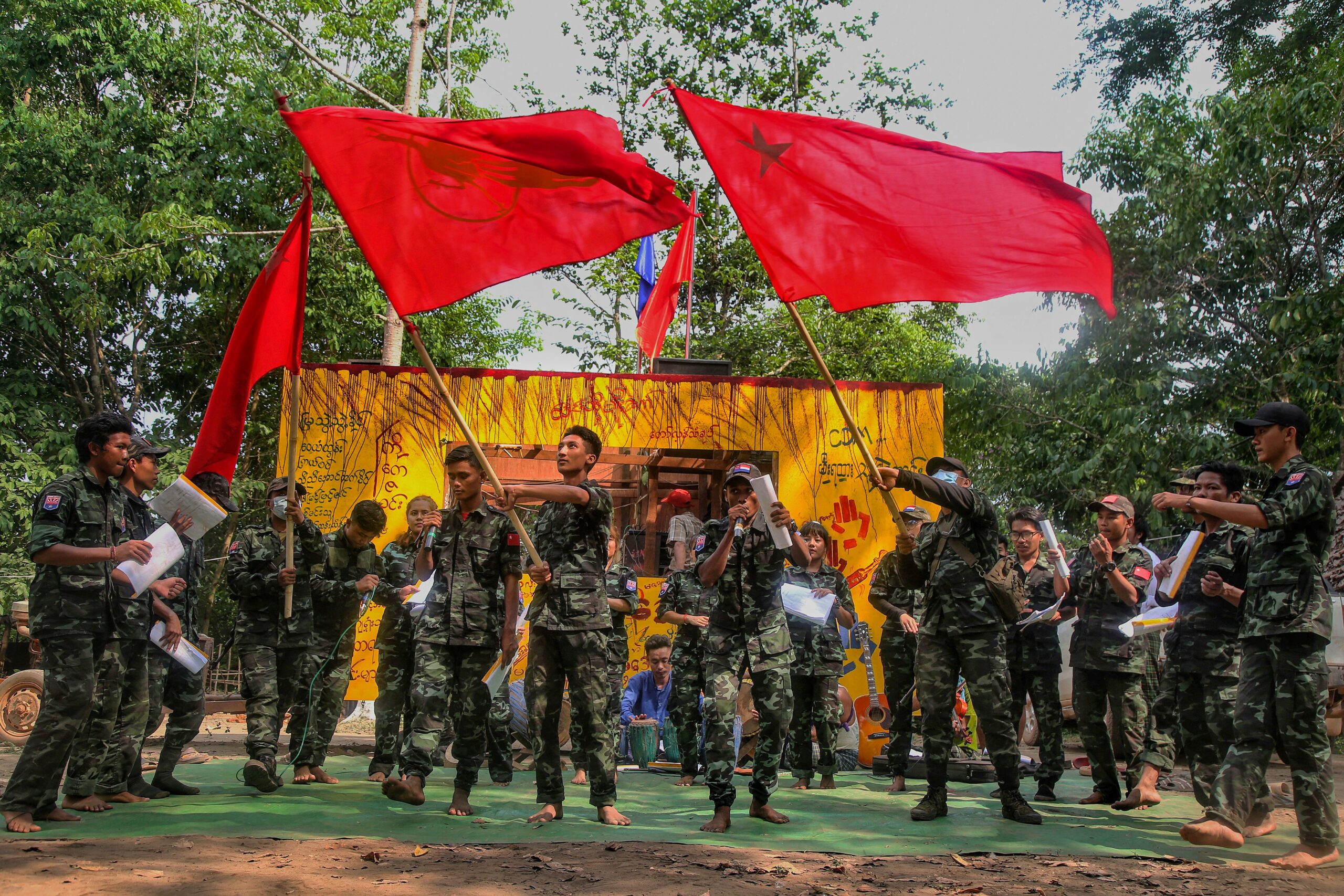By SU MYAT MON | FRONTIER
YANGON — The administrator of Yangon’s Bahan Township on Thursday summoned the organisers of a protest march planned for Sunday to demand the release of jailed Reuters journalists Ko Wa Lone and Ko Kyaw Soe and warned the organisers they could face arrest for “unlawful” protest.
Wa Lone and Kyaw Soe Oo were each sentenced on September 3 to seven years in prison for violating the Official Secrets Act, after a shambolic trial that observers said indicated a police set-up.
Protest organisers, representing journalist, free speech and youth activist groups, submitted protest notifications on Wednesday to Tarmwe, Bahan, Mingalar Taung Nyunt, Kyauktada, Lanmadaw, Latha, Ahlone and Pabedan township authorities but received prohibition orders.
Bahan Township administrator U Htein Soe, the top township official in the military-controlled General Administration Department, invited them to a meeting at 1pm on Thursday, which Frontier also attended.
Support more independent journalism like this. Sign up to be a Frontier member.
There, he and the police superintendent warned them that if they went ahead with their “right to information” march, they could face a similar fate to the organisers of an anti-war march in Tarmwe Township in May, who faced a violent crackdown by riot police on the day of the protest and are now being prosecuted under the Peaceful Assembly law.
The protestors in May had defied a police order to desist that rested on a ban announced late last year by the Yangon Region home affairs ministry on protests in 11 townships, on the pretext of avoiding “public annoyance” and “traffic disturbance”.
The townships featured in the proposed “right to information” demonstration on Sunday fall within this ban, and Bahan authorities explained to the organisers they were duty-bound to uphold it. However, the organisers questioned whether a local government ordinance could override the right to peaceful protest contained in the Peaceful Assembly law.
U Htein Soe told of how the crackdown on the May protest had prompted the Myanmar National Human Rights commission to make enquiries in the township. He told protest organiser Ko Hline Thint Zin Wai, also known as Ko Thar Lwan, of the Khit Thit Media group, that township authorities were keen to avoid a repeat of this scenario.
“We won’t let this happen again,” he said.
Bahan Township Police Superintendent Thein Win recalled how the organisers of the May protest had disregarded a suggestion from police that they relocate their demonstration away from a major junction in Tarmwe to the Hittaing playing field elsewhere in the township.
“As a result, they are charged now,” he said. “That is why we called you — to remind you.” He suggested the demonstration be confined to Hittaing.
Referencing the protest ban in 11 Yangon townships, he said, “We are supposed to follow orders given by higher authorities”.
Hline Thint Zin Wai asked the police superintendent why recent pro-military rallies had been allowed in central Yangon townships that fall under the ban.
The previous week had seen dozens of people, mostly military retirees, demonstrate in front of City Hall against the International Criminal Court’s ruling of jurisdiction over the alleged deportation of Rohingya Muslims from Rakhine State.
“The law should apply equally to everybody,” Hline Thint Zin Wai said.
He argued that local authorities cannot impose indefinite bans on protests in certain areas: “According to the Peaceful Assembly law, there is no authorisation to ban [protests] like this.”
He added that, with their planned protest, the organisers are not trying to oppose the government or the military: “We are just doing this for our rights”.
“This is not only for us, but also for you, so that people have the right to information,” he told the authorities in the meeting.
Hline Thint Zin Wai told Frontier they would still hold street protests in some form, and were considering alternative routes. But he said they were “expecting the worst”.
“It is going to be ugly,” he said.


